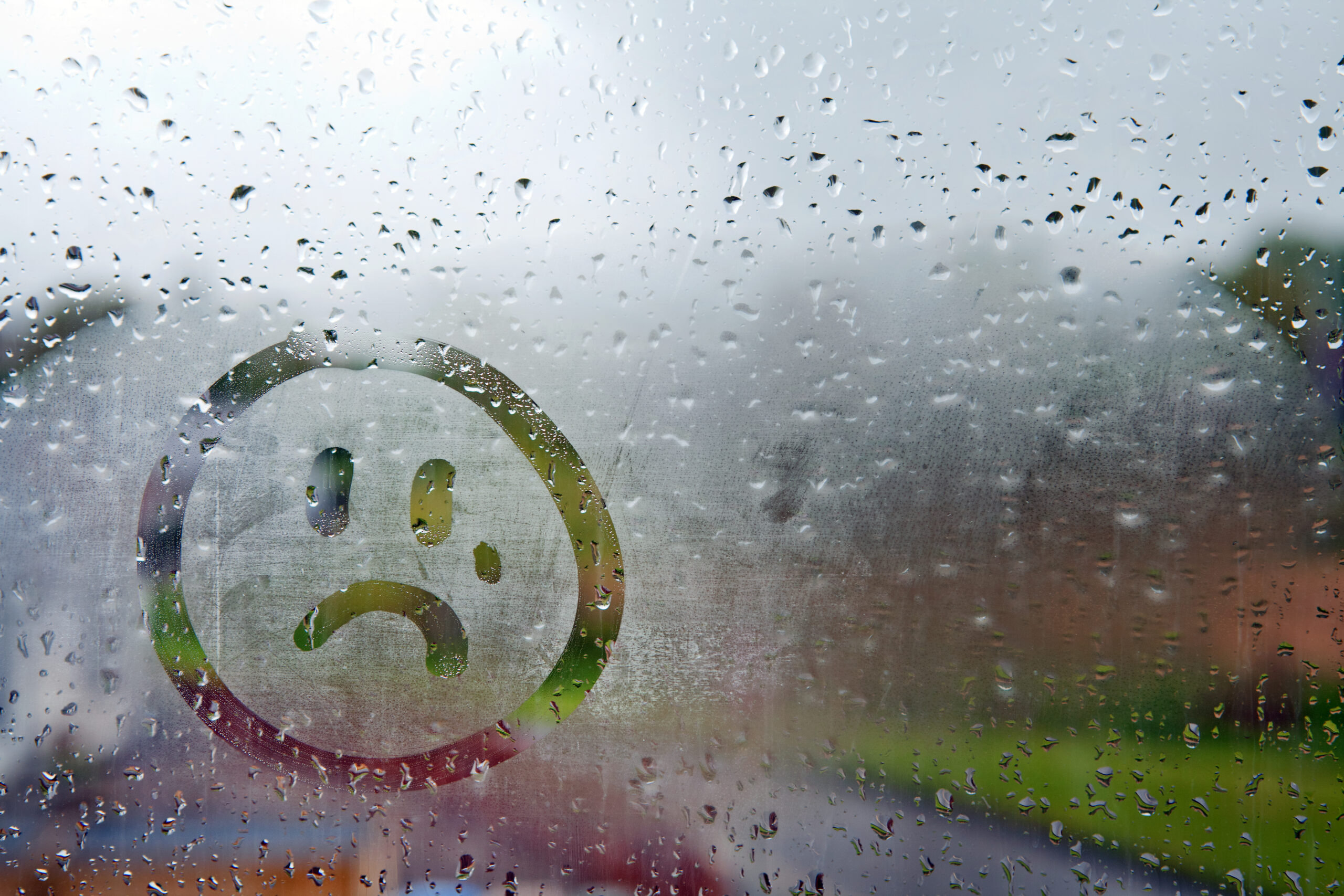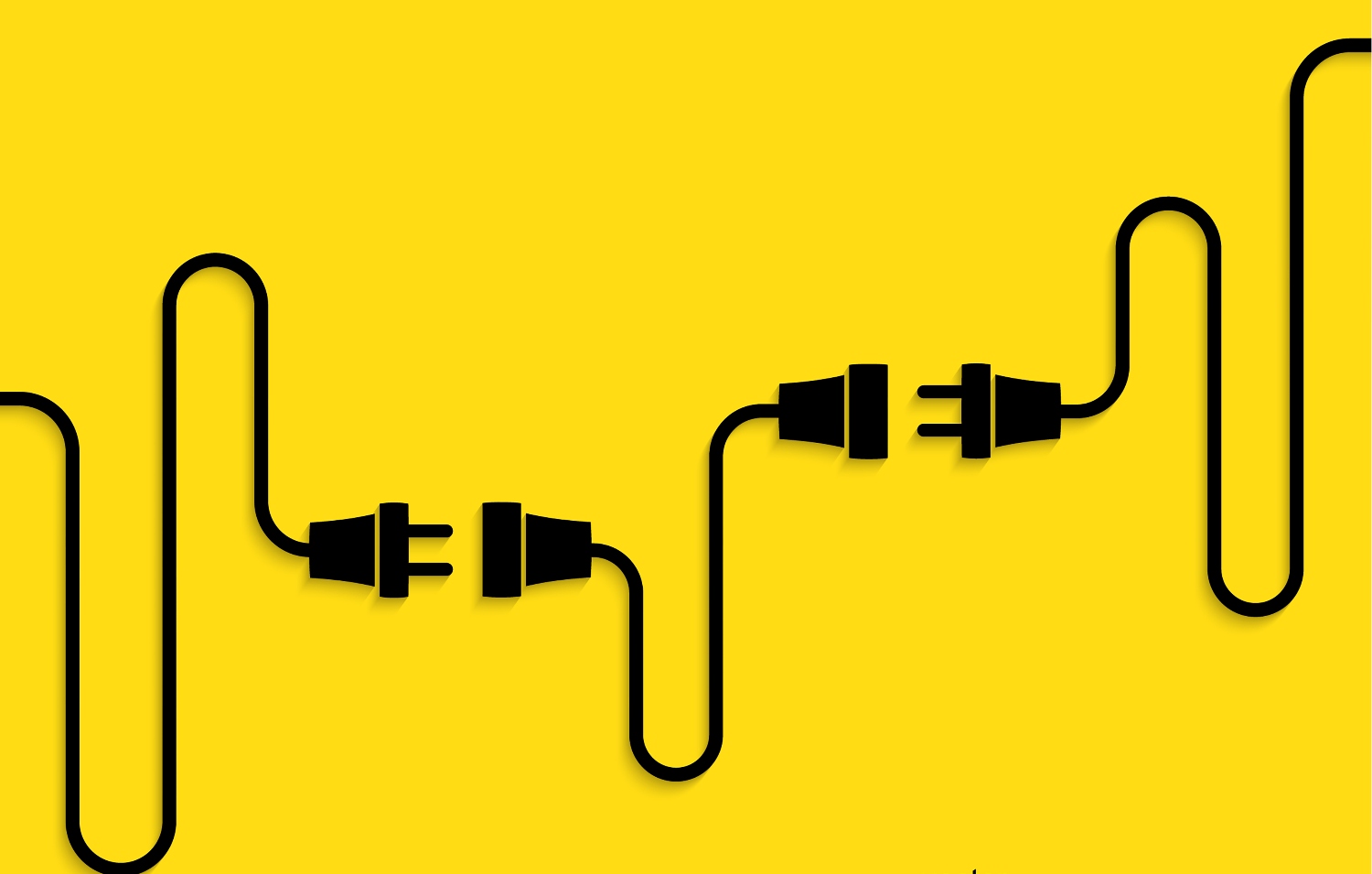Moreover, they drank more and smoked more marihuana. The results of the first “Mental health and substance use by students in higher education monitor” are very alarming, says the cabinet. The investigation was conducted by the Trimbos Institute, the RIVM (National Institute for Public Health and Environment) and the GGD (Municipal Health Services).
Over 28 thousand students at seven university colleges and eight universities were interviewed on their well-being and substance use. The survey was conducted during the third COVID wave when the catering sector was closed, and a curfew was in place.
Will to live
Two out of every three students felt emotionally depleted. One quarter had a diminished will to live and occasionally wanted to never wake up. Four per cent desired this regularly.
Over one in four students drink excessively or heavily. A person is considered an excessive drinker (11 per cent of the students) if they consume 21 glasses (males) or 14 glasses (females) per week. Heavy drinkers (16 per cent) consume six (males) or four (females) glasses in a single day at least once a week.
Cannabis appears to be widely accepted among students. One-third of the students smoked cannabis at least once in the previous twelve months, eight per cent smokes it on a weekly basis. The researchers also investigated other substance abuse and addictions. A noteworthy fact: five per cent of the students game excessively.
Extensive research
Students’ mental health was already a concern before the corona pandemic, particularly due to pressure and workload and increasing student debts. This study was already planned. It is the first time students’ mental health was investigated on such a large scale.
Students with high debts are more prone to substance abuse. This, in itself, is a reason for concern, according to the researchers. However, what is cause and what is effect is not known.
In the four weeks prior to the survey, 62 per cent of the students experienced stress. Over half reported this was due to the corona crisis, while a much larger group (72 per cent) names their studies as the cause of their stress.
The researchers recommend an active approach to prevent substance abuse among students, targeted specifically at international students and students with a functional impairment. These groups are particularly vulnerable. Moreover, institutions should focus more on the students’ mental well-being.
Shocking
Student organisations, which have been sounding the alarm for years, are proven correct. ‘It is shocking to see that so many students are having trouble staying afloat’, says Lisanne de Roos, chair of the Interstedelijk Studenten Overleg (inter-city student council). ‘After today, no-one can deny that mental problems affect a large number of students.’
The National Student Union is also shocked. ‘Your study time should be about personal development, but the opposite is true. Students fold under performance anxiety. This is extremely concerning’, says chair Ama Boahene.
She underscores the need for increased action for students’ mental well-being. ‘The solutions that are currently offered are often just a band-aid, while a preventive approach is required. Structural causes such as performance pressure, loneliness and the loan system must be addressed. This is a responsibility shared by the educational institutions and politicians.’
Extra student psychologists
The association of universities VSNU recognises the ‘alarming’ picture from investigations on students’ mental health conducted by universities themselves. ‘The COVID period has been trying for many students. This is one of the reasons we have constantly stressed the importance of offline education.’
Universities have deployed extra student psychologists recently and are focusing on improved communications.

 Photo Shutterstock
Photo Shutterstock 

